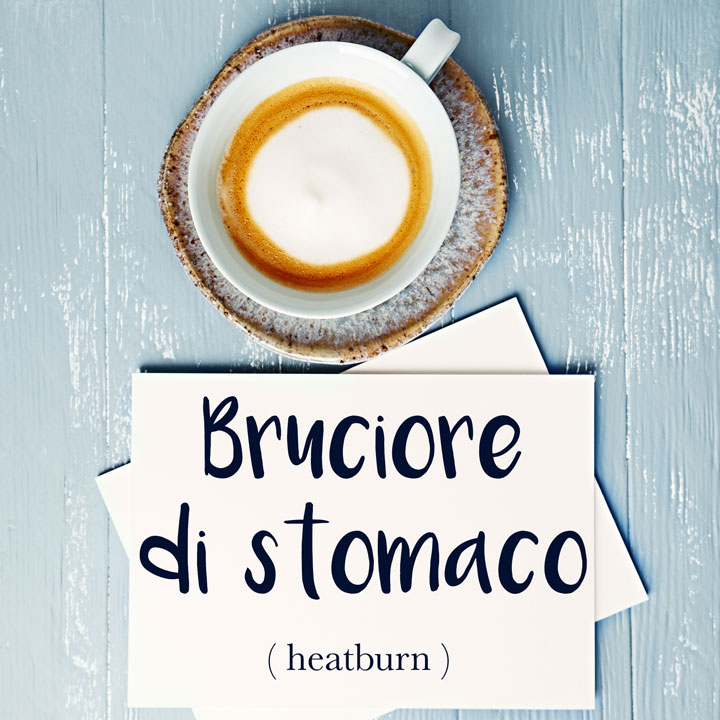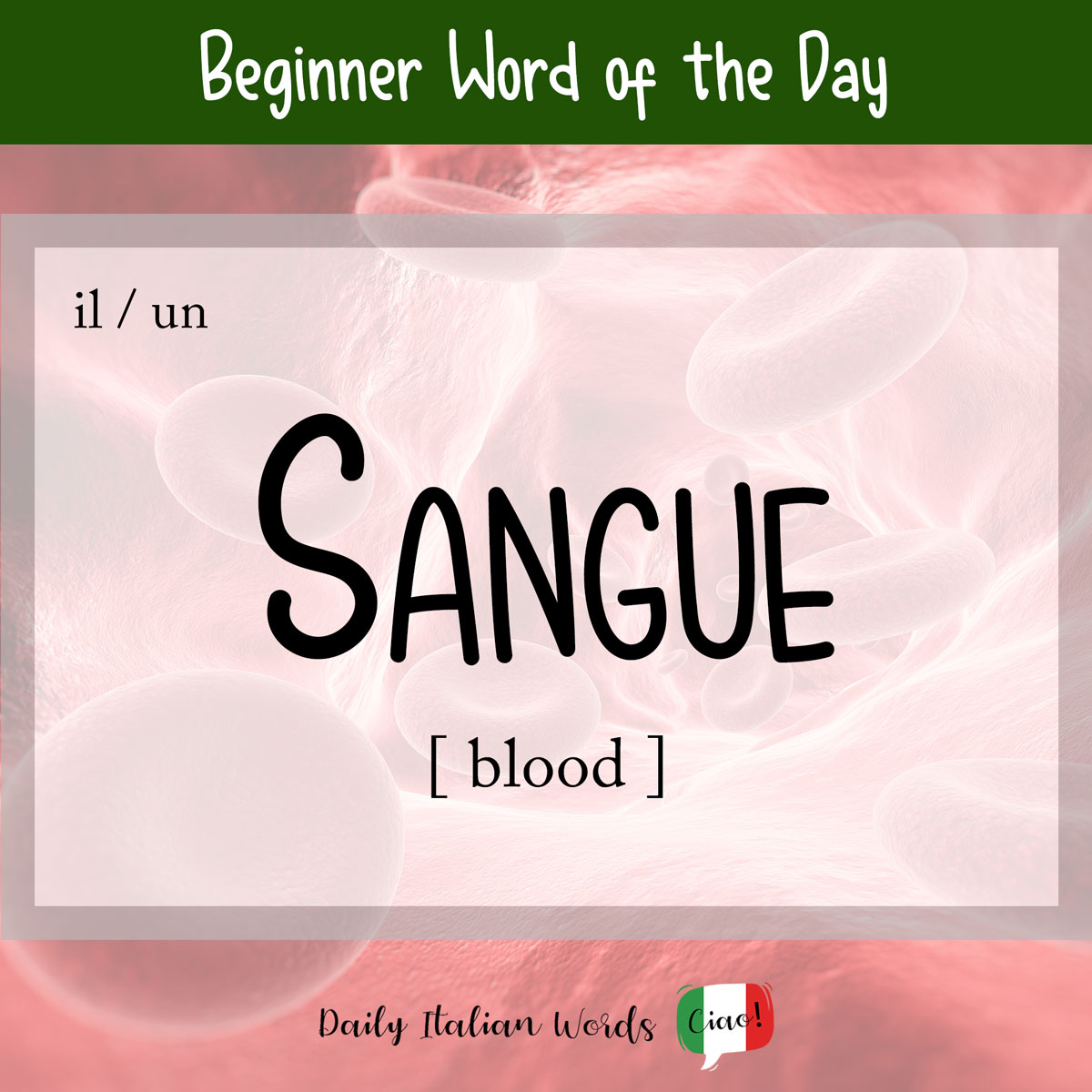Italian Word of the Day: Pancia (tummy / belly)
Just as English speakers use the words tummy and belly to informally refer to the area between the ribs and the pelvis, Italians also have an informal name for this part of the body: pancia (feminine, plural: pance). Note: A more formal context would require the use of ventre or addome to refer to the …






